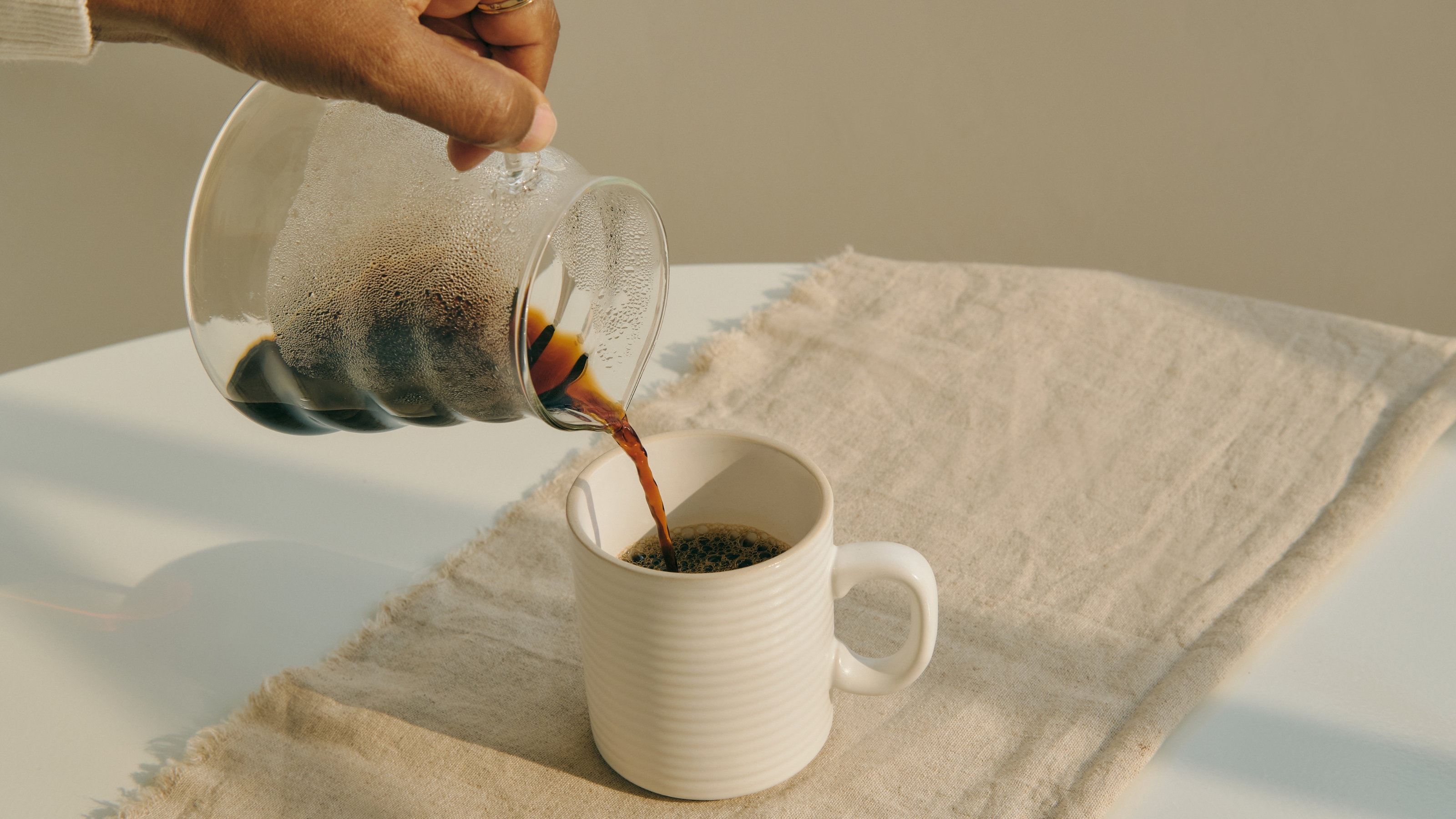
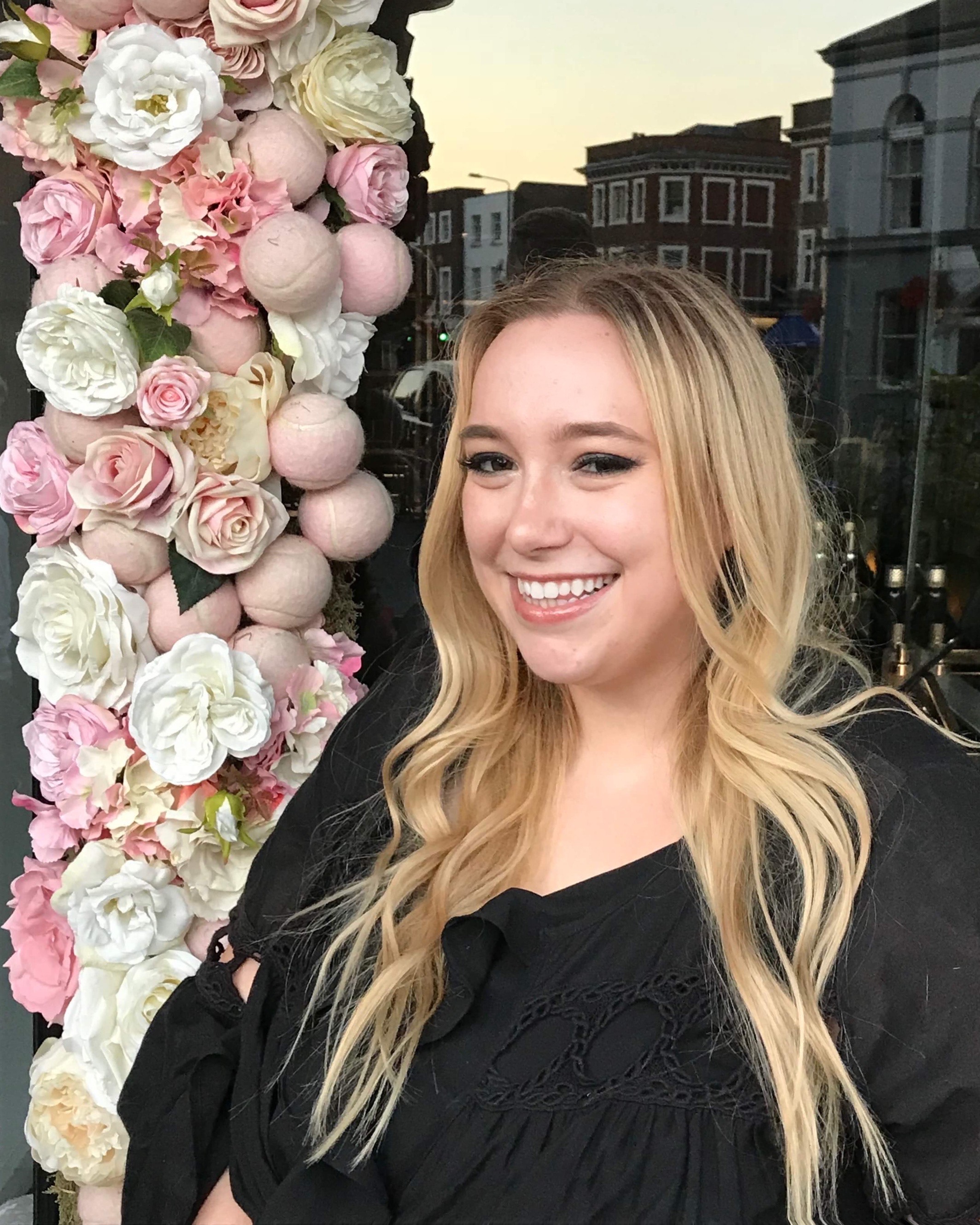
You're going to need to know the perfect coffee to water ratio if you're brewing up a pot at home. No need to visit the coffee shop every day if you know the secret to making great drinks at home.
We asked the pros how to nail this crucial step in coffee-making so your drink doesn't come out too bitter or watered down. Plus, knowing the right amount of coffee to use means you won't waste extra beans (hello, extra oat milk money!).
See how to make the most of your coffee maker, with our perfect coffee to water ratio. Your morning just got a little better, trust us.
The perfect coffee to water ratio
Even if you're using a small coffee maker, you should know how to make the most of your machine. "Finding the perfect coffee-to-water ratio can significantly enhance your coffee experience, affecting everything from flavor intensity to aroma and body," says Kayla Stavridis, a former Starbucks barista and the current Head of Marketing at baristahq.com.
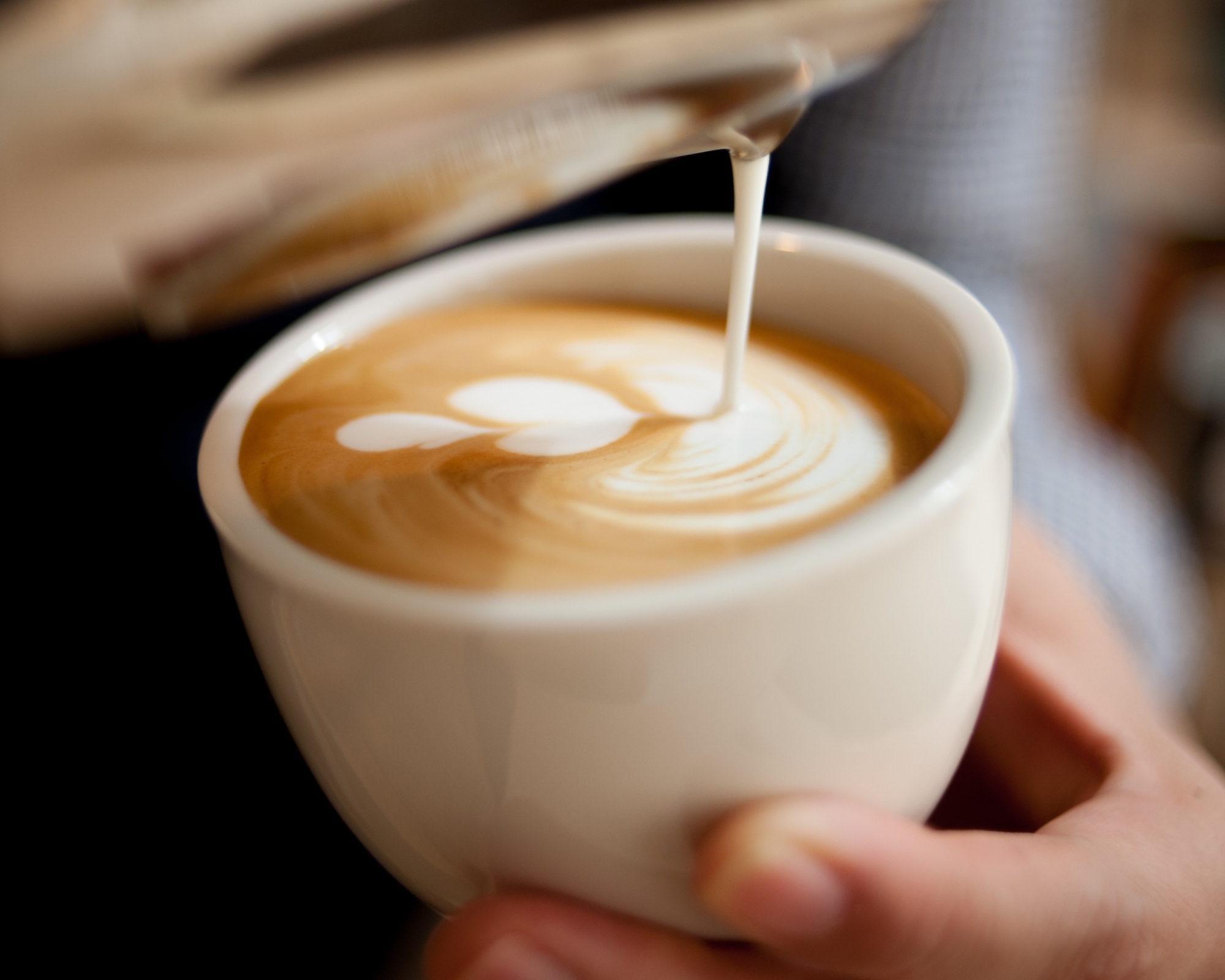
General coffee ratio
You'll only need two ingredients to make a cup of coffee — coffee grounds and hot water. But what is the best ratio of the two? "The ideal ratio is generally considered to be 1:16, meaning one part coffee to 16 parts water. For a standard cup, this translates to about 1 to 2 tablespoons of coffee per 6 ounces of water," says Jessica Randhawa, the head chef behind The Forked Spoon.
Of course, you can always alter this if you prefer a weaker or stronger drink. "Adjusting this ratio slightly can cater to personal preferences; for instance, a stronger brew can be achieved with a 1:15 ratio, while a milder cup might use a 1:17 ratio. Ensuring precise measurements helps extract the right amount of flavors, avoiding overly bitter or weak coffee," says Jessica.
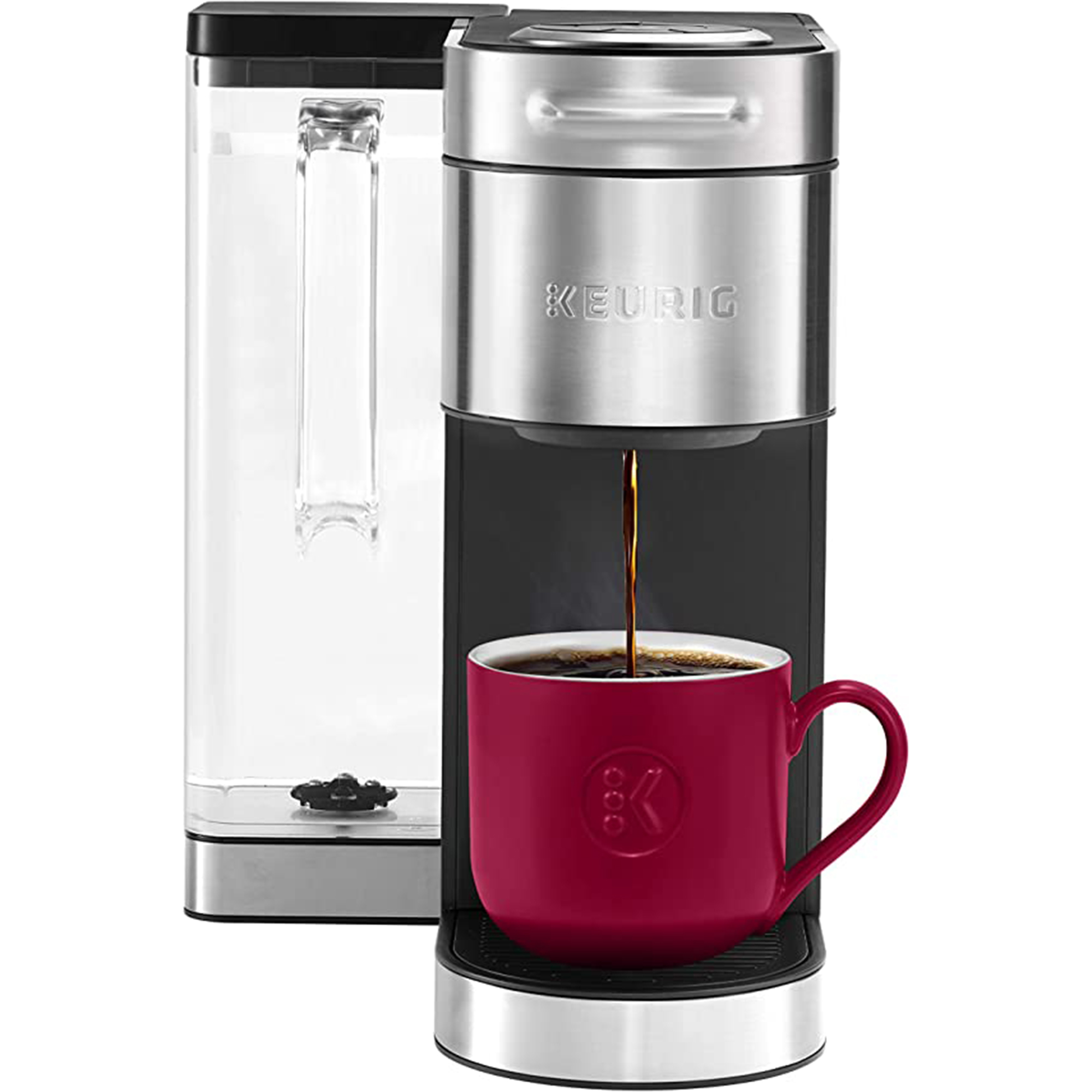
The K-Supreme Plus introduces Multi-Stream technology, which uses five needles instead of the standard one, like a rainfall effect, for better saturation and flavor. The difference in flavor here alone is one of the reasons why this Keurig model is our absolute favorite from the brand.
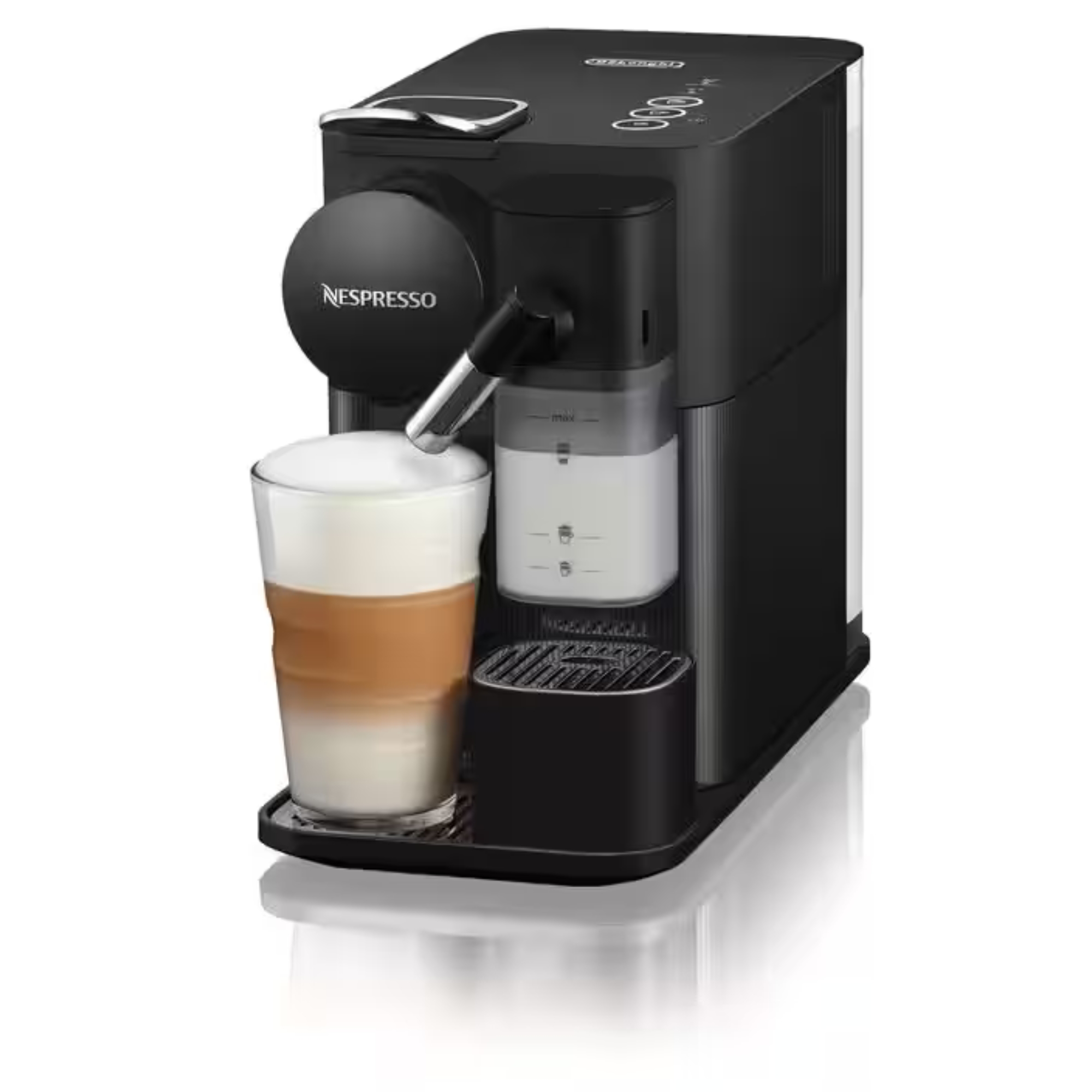
With a sleek design and a 19-bar pump system, the Nespresso Lattissima One is compact in size but big in style and functionality. Just one touch allows you to make all specialty coffee drinks including espressos, lungos, and cappuccinos.
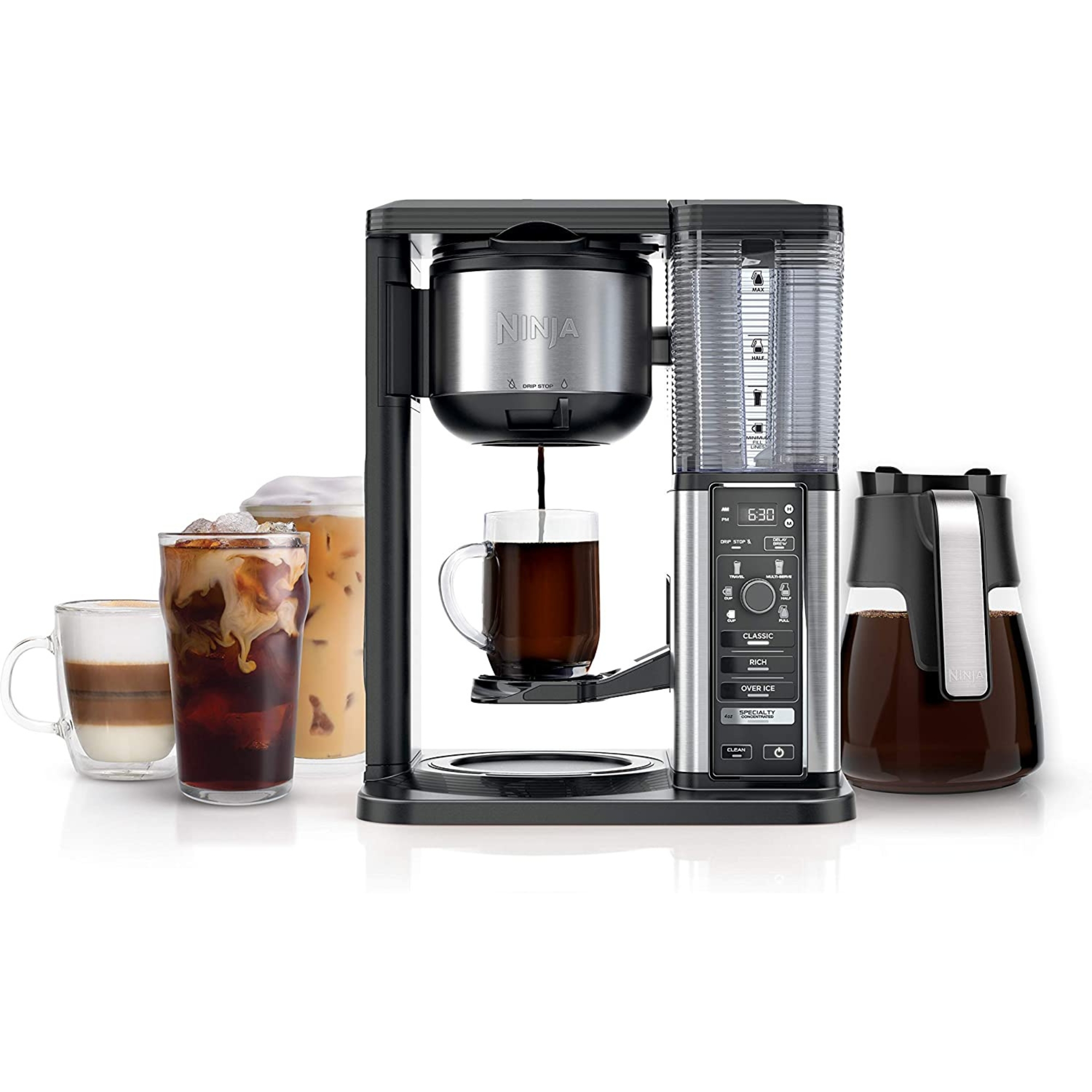
Whether you like hot coffee, something over ice, or a creamy and comforting latte on a cold day — this machine does it all. It's perfect for those who like to switch things up or want to condense the number of beverage-making appliances on their countertop.
Other coffee preparation methods
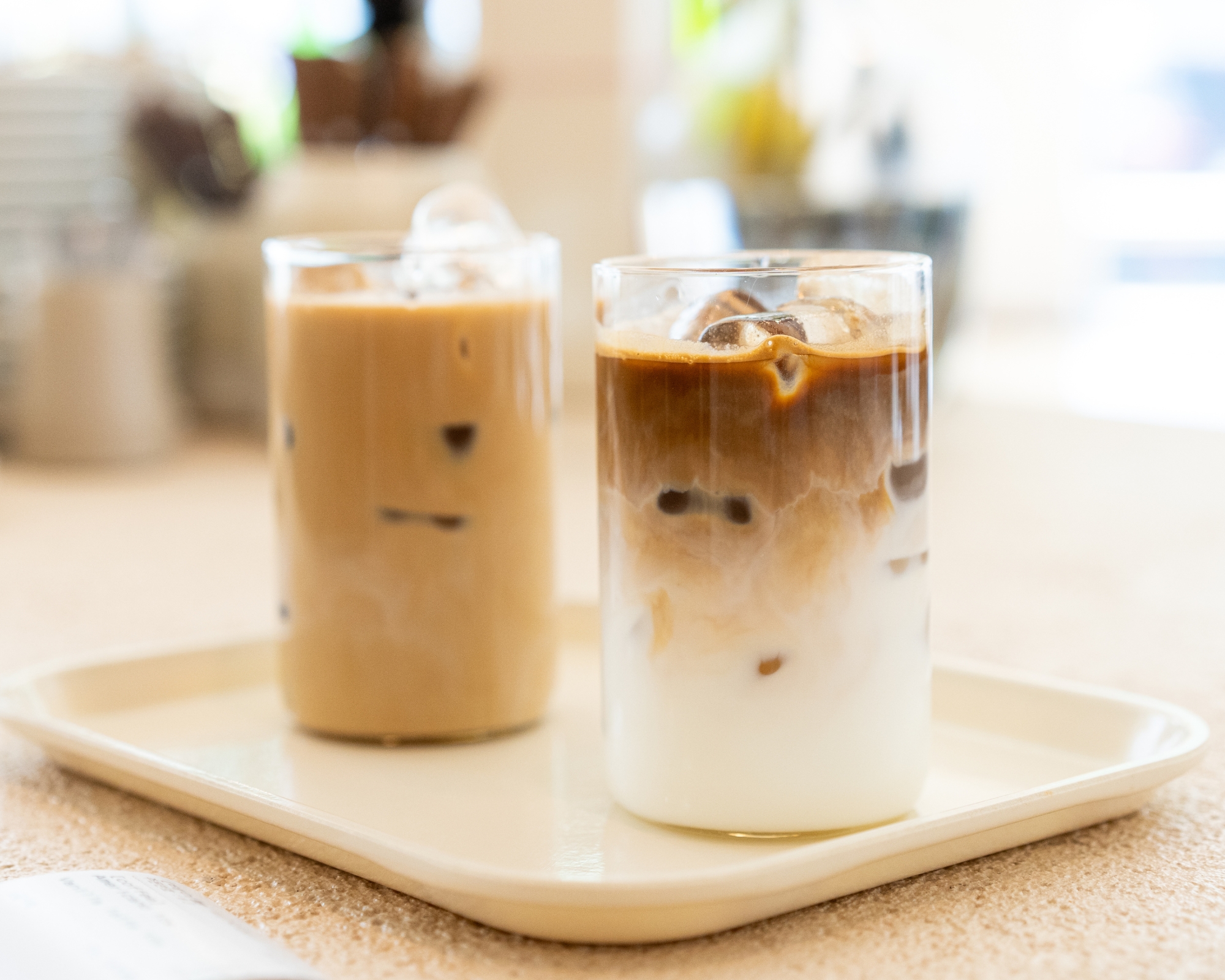
Traditional brewing isn't the only way to make a cup of coffee. You can use single-serve coffee makers or pod coffee makers to create all kinds of different drinks.
"With full immersion brewing, like a French press, I recommend a tighter ratio, closer to 1:15. Since all the water sits with all the coffee for the full brewing time, there's more time for extraction. Using a bit less water helps balance out the flavor," says Johny Morrisson, a former Barista, and a blogger at coffeeabout.com.
Espresso is a much stronger drink, used for making lattes, cappuccinos, and flat whites. "For espressos, the coffee-to-water ratio is much higher, typically around 1:2. We're talking about 7-9 grams of finely ground coffee for a 15-20 gram shot of espresso. This concentrated ratio is what gives espresso its intense, bold flavor and thick texture," says Johny. Or check out the Terra Kaffe TK-02 automatic espresso machine which is capable of a wide variety of drinks.
You don't even need heat to make a good cup of coffee. Use a cold brew maker, like this highly-rated cold brew press from Walmart, to whip up a refreshing cool drink instead. "This method requires a higher coffee concentration, generally around 1:8, since the coffee is steeped for an extended period (usually 12 to 24 hours) and often served diluted with milk or water," says Kayla.
The coffee to water ratio isn't the only factor that will affect the overall taste of your drink. Investing in good materials and keeping your coffee maker clean will greatly improve the quality. "The materials used, such as stainless steel, glass, or ceramic, can influence heat retention and flavor consistency. Investing in high-quality equipment and experimenting with various methods can significantly elevate the coffee-drinking experience, allowing one to discover their preferred brewing style," says Jessica.
Join our newsletter
Get small space home decor ideas, celeb inspiration, DIY tips and more, straight to your inbox!

Hey! I’m Emily and I’m the deputy digital editor at Real Homes. I’m here to bring you the latest decor trends, inspirational ideas, informative how tos, the latest celeb homes style and the best budget-friendly buys. I live in a rented apartment, making the most of small spaces and using accent pieces to make things pop. When I’m not writing, I’m usually doing yoga, eating chocolate or working on my skincare routine.